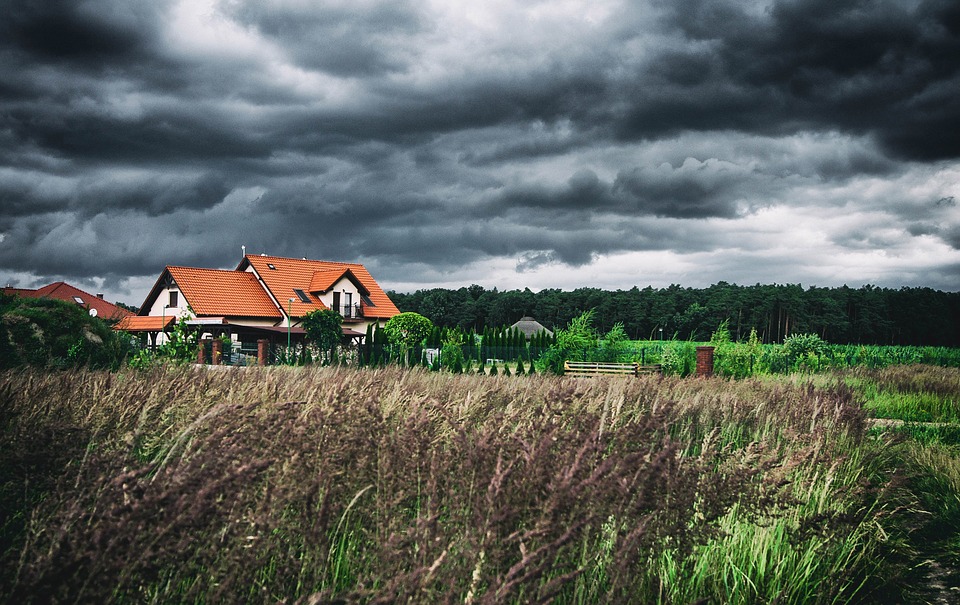Your home is one of the most important places on earth. Not only is it where you reside, but it’s also a place where you make memories. Beyond that, it’s a significant financial investment, so if a natural disaster hits your home, it can affect you and your family in many ways.
It’s vital that you take precautions to protect your home from the various disasters that can destroy or damage it. Here are some ways to prepare for natural disasters that could impact your living situation:
Preparing for floods
Fall and spring can be dangerous times of year when it comes to flooding or water damage. While flooding and water damage are difficult to prevent, there are things you can do to protect your home. The most important thing you can do is get insurance that covers flooding. The insurance money will help compensate you for any losses that happen as a result of the flooding.
To protect your home, make sure that your rain gutters are clean so that water can flow freely from your home. If left clogged, the excess water that should be directed away from your home could end up flooding it. You might also consider raising your electrical system. If you live in an area that is flood-prone, you can have an electrician come and raise the wiring, circuits, and sockets for your electricity. If you raise these components above the base flood elevation, you can help prevent your electrical system from getting damaged.
Preparing for an earthquake
Certain regions of the United States are more susceptible to earthquakes than others. If you live near mountains, that may be evidence that you live near a fault line of some sort, which means that you may have an increased risk of a quake. Depending on the strength of the earthquake, homes can be extensively damaged or completely demolished.
While earthquakes can’t be predicted, there are things you can do to prepare ahead of time. One thing you can do is secure furniture to the walls or floor. Large items like bookshelves and media cabinets are essential to attach, as they can easily fall over and hurt someone. You can also organize disaster supplies and create an emergency plan with your family members.
For those living in at-risk areas, you should consider getting home insurance coverage that covers earthquakes. Also, if your home is old, make sure it is retrofitted to withstand quakes and tremors.
Preparing for wildfires
For several years now, wildfires have been causing irreparable damage to homes and other structures, especially in the western United States. These fires are often started by a combination of dry conditions, as well as lightning or irresponsible campers. If you live in an area that could be affected by wildfires, it’s crucial that you have a plan in place in case your home could be at risk.
One way to protect your house against a wildfire is to create a defensible space between your home and the nearest trees. In this space, remove any dead foliage from your home, as well as in areas within 100 feet of your house. You should also remove any fallen tree branches, bark, needles, cones, or twigs. Clearing these flammable materials will help slow the spread of the fire.
If you have extra money, you might consider outfitting your home with features that will guard against flames. For example, metal or tile roofing is less flammable than other alternatives so using those options could help slow down a fire. Removing dead leaves from rain gutters can also help protect your home. If you plan to remodel your home anytime soon, you might look into getting new fire-retardant siding, as wood siding is highly flammable.
There are many kinds of natural disasters that can strike at any moment. However, if you do the best you can to prepare your home for any calamity, you can minimize damages and decrease your anxieties for the future.

